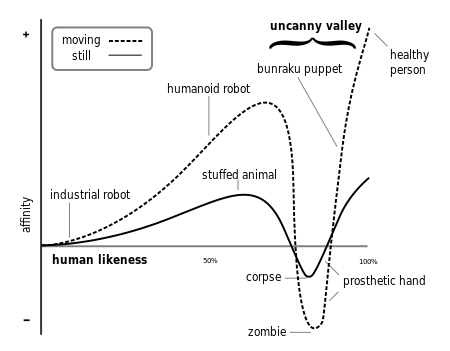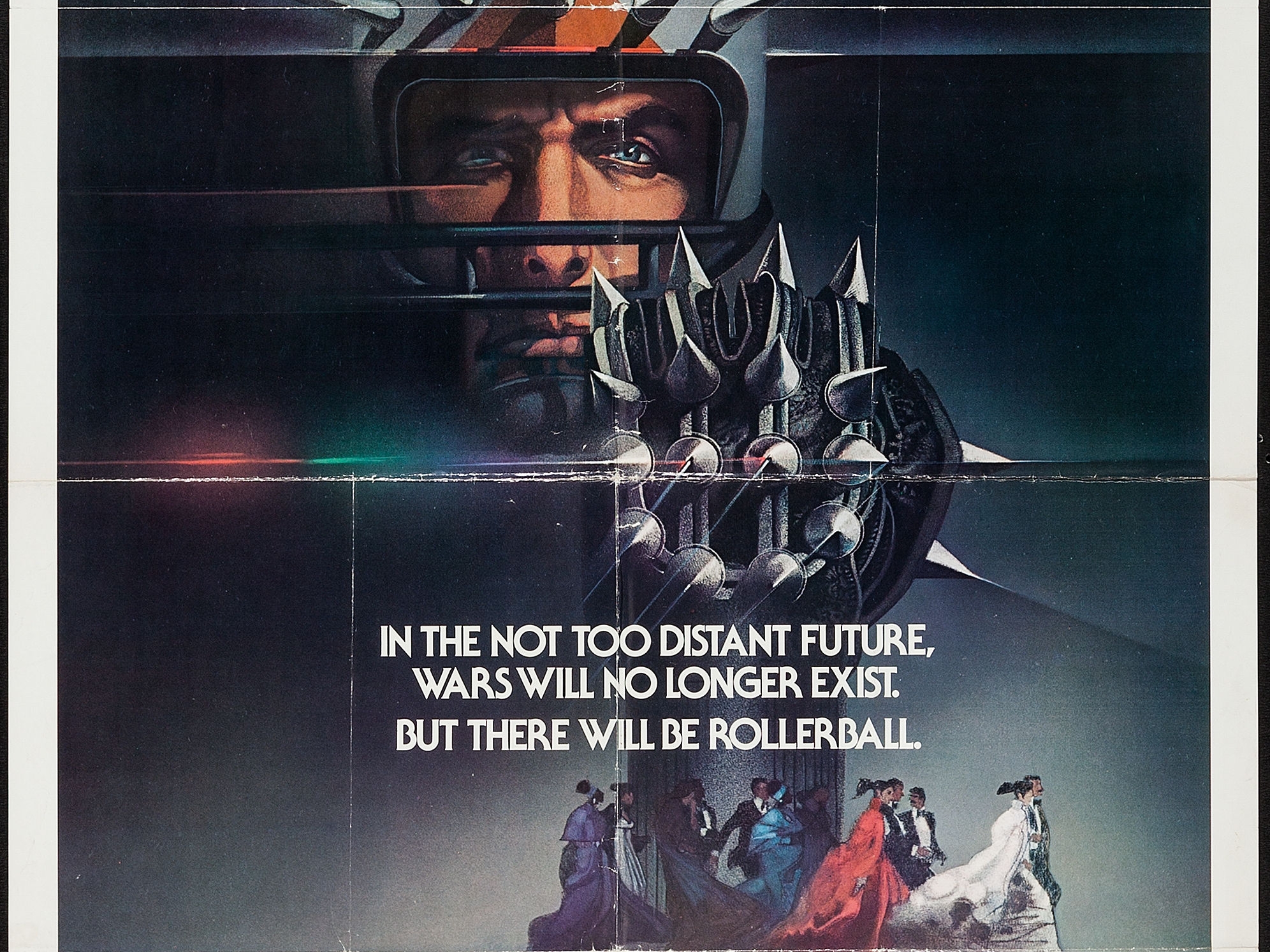
“Power corrupts, and absolute power corrupts absolutely.” ~ Sir John Dalberg-Acton, 8th Baronet
“Don’t Be Evil” ~ Google Employee Paul Buchheit
Why Even Try?
Yes, it’s Google’s world and we just live in it. As I’ve often noted, MIT professor Jack Dennis foretold and designed the architecture for all that Google is today — with the sole limitation (expressed in an advanced computer architectures course I took as a grad student) that nobody would ever spend enough money to create the mesh of computers necessary to achieve his vision. To Larry Page and Sergey Brin’s great credit they envisioned it, created it and got the funding to build it out. Add fellow MIT alum Robert Metcalfe (of Ethernet fame) and Metcalfe's Law and it’s clear why a Google should have a natural monopoly on Search, and how a such a firm could grow to great prominence and power.
Sadly that brings us to Lord Acton (quoted above). When your company name becomes a verb you have achieved absolute power, and the human condition can’t help but dictate the result. This week’s adventures involve accusations that Google has manipulated search results to help Hillary Clinton. CNN Claims Nonsense!, but somehow their commentary neglects to mention that CNN’s parent Time Warner is one of the top contributors to the Hillary campaign: both career and during the current presidential cycle.
No matter. I dream of Search as a public utility that offers insight without any bias introduced from anywhere. When you connect an object you change that object, and in this light it's time to disconnect from Google. My passage is now complete, and if you are curious, this note outlines a path that you might follow.
Choose a Path with Heart
My passage was probably easier than many will find. I had two Google Gmail accounts (one for me personally, and one for my Pikasoft company), one measly video (a snippet from ABC Sports “The Thrill of Victory and the Agony of Defeat” - that I will miss), about 1,300 contact-records that I have copies of elsewhere, and maybe a half-dozen photographs. I also have used Chrome as a browser and Google Maps for road guidance, but Chrome has gotten buggy and ponderous with age, and the Apple Maps adventure awaits me post-Google.
The main task, then, is moving off of Google Gmail.
The Road Ahead — Completely Revised and Up to Date!
- The first step to migrating off of Gmail is to cut down all your subscriptions to your Gmail account! In the course of years on Gmail I had subscribed to literally hundreds of services, and rather than have them all bounce on delete I decided to find them and unsubscribe to them manually. I spent about a week unsubscribing to services as they reappeared in my Gmil, and in this effortI found at least three positive benefits:
- "Opt-out" and unsubscribe is generally quick-and-easy these days. Check the email footer for "unsubscribe" -- click the link and you're done.
- I was forced to realize how much spam I was taking on myself. My subscriptions weren’t evil, but there’s only so much time in a day and I won’t miss most of the subscriptions.
- Clearing out the subscription pile has already saved me all kinds of time. I saved the subscriptions I wanted to keep, but these were maybe a dozen out of hundreds of mail feeds.
- The second step away from Google is to save the information you have on Google. Google (though a process called Google takeout) makes this possible. The steps are simple:
- Log into your google account
- Go to the Account information for your account (by selecting your icon on the top-right of the screen
- Maneuver your way to Products
- Select Delete
This is where the miraculous part of Google takeout steps in:

Google’s warning that you’re about to delete everyone in your account is not the “usual yada yada” because you really are about to delete EVERYTHING, but otherwise is the usual yada yada. What goes beyond the usual yada yada is the link at the bottom of the dialog: “You can download your data before deleting your account.”
By all means download your data. Google has been a rich and involving service, and even someone with as limited an access as I’ve had can still pile up a remarkable amount of data and history online. So when Google lets you create an archive, press the button to create an archive.

Creating an archive is (as Google freely admits) not fast. I’ve been in Gmail since the mid-2000s, thus I wasn’t that surprised that it took Google two and a half days to create my archive. Nevertheless, in the fullness of time Google created my archive: two compressed files with images and contacts, and the magnificently-named All mail including Spam and Trash.mbox file — in my case 12GB of various correspondences and goodies. All saved for posterity.
This leads to the final step in de-Googlization: Agree to legal terms and then press the Delete button.

With one button press, in the blink of an eye I was no longer in Google!
When you stare into the abyss, the abyss stares back into you. ~ Nietzsche
Now that I’m no longer staring into the abyss, does the abyss no longer stare back into me? We’ll see, but in the meantime I need to replace the fallen Gmail accounts. I’m not the first to try, and fortunately a diverse cottage industry has sprung up for people who want an alternative to Google mail.
There were lots of choices and I looked at Kolab Now based on positive reviews, but I finally settled on Fastmail. Fastmail also has great reviews, and uses a neat form of 2-factor authentication called Yubikey to generate unique passwords every time it’s used. So Fastmail it is for email.

To avoid complications. She never kept the same address…
We’re almost there, but we need to make the linkages all work. Gmail is now turned off and Fastmail is turned on, but the following challenges still remained:
- Run my email @ pikasoft.com over Fastmail, but keep it looking like the old Pikasoft
- Point my web address to www.pikasoft.com, a hosted server independent from my pikasoft email
To accomplish these things we’ll need to dig in a bit to the hosting of pikasoft.com — a challenge but not a showstopper that I accomplished with 3 quick changes. So into DNS we go:
- Fastmail gives great instructions for setup with custom domains (my situation with pikasoft web and email), and the following reconfiguration worked to give me mail:
- I can keep my nameservers pointing to my pikasoft.com website, but need to make my MX records point to Fastmail. Mail exchanger records (MX records) are resource records in DNS that specifies the mail server responsible for accepting email messages on behalf of a recipient's domain. I need to make Fastmail accept messages on behalf on pikasoft.com to turn pikasoft.com mail back on. This required a short step into Domain.com and a quick update to point my MX records to Fastmail.
- Check to ensure that my CNAME points to my hosted website. Canonical name records are aliases for web addresses, and I made the update here to assure that pikasoft.com pointed to where the pikasoft site actually ran. I’ve used Squarespace and Wordpress in the past, and it was a simple matter to get my hosting address and set it as my CNAME record.
- The final check is to ensure that the A record for my domain also pointed to the hosted website. This was accomplished in much the same manner by which I set the CNAME, and one quick edit and I was done.
Well, the Internet settings work was done, anyway. In the nature of Internet things, the proper settings for nameservers, MX records, A record and CNAME take a while to propagate across the Internet, but with the expectation of “a day or two,” in actual practice there were signs of progress in the first hour or so and my mail and website were fully migrated within a day.
So now I’m off Gmail, with a non-Google, secure mail service and my pikasoft website happy as always. I am now in the rare fold of former-Facebook, former-Google web users; seemingly moving backwards in web-time while I move forward in web-experience. I remember writing what a wonder “sharing networks” would be back when I was at HP in 1986 or 1987, and I think I’ve kept the connectivity and resumed the search for the magic and promise that that world held. Don’t be evil? Let’s see what wonders a connected, collaborative world still holds…
 Monday, June 19, 2017 at 3:57PM
Monday, June 19, 2017 at 3:57PM  John Repko | Comments Off |
John Repko | Comments Off | 











